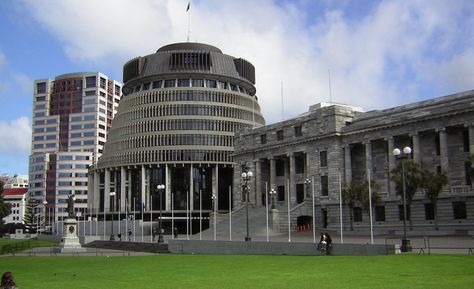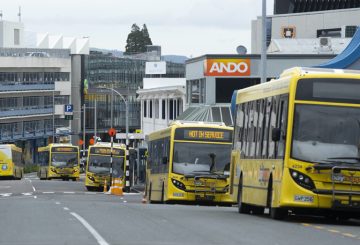As New Zealand’s elections approach, political parties are grappling with the challenges of forming a stable government. National and ACT parties’ hopes of governing jointly are waning, leading to increased concerns about including New Zealand First in the alliance.
Recent polls show growing momentum for New Zealand First, while ACT’s popularity takes a hit. National’s polling has dipped below the 40 percent mark, reducing its influence in potential negotiations.
Christopher Luxon, the National leader, has hesitantly opened the door for a partnership with Winston Peters of New Zealand First. The hesitancy has led to campaigns urging voters to back National and ACT to avoid relying on New Zealand First. ACT’s leader, David Seymour, recently called for support, highlighting the need for a stable government. Former National PM Sir John Key also voiced concerns about an unclear election result.
While there have been policy clashes between National and ACT, they share enough goals to form a government if they achieve the numbers. Despite New Zealand First’s interest in excluding Labour from power, building a partnership with Luxon and Seymour remains a challenge.
Peters, however, remains optimistic, stating that parties will work together post-election for the nation’s benefit. But tensions are evident, especially between Peters and Seymour, further complicated by issues like the foreign buyers’ ban and retirement age.
Adding to the mix, Peters seeks clarity on National’s tax plans, which depend on lifting a current ban on foreign property purchases for homes above $2 million. This proposal has faced criticism, notably from New Zealand First’s Shane Jones.
With only a few days left for the elections, challenges aren’t limited to the right. Labour’s Chris Hipkins had to pause his campaign due to a positive Covid test, resuming with a significant challenge ahead in the remaining campaign days. Internal party issues, including mixed messages on a wealth tax, also hint at Labour’s struggle.
The election aftermath is expected to be challenging, with coalition negotiations set to dominate the political landscape.




















































-360x245.jpg)









